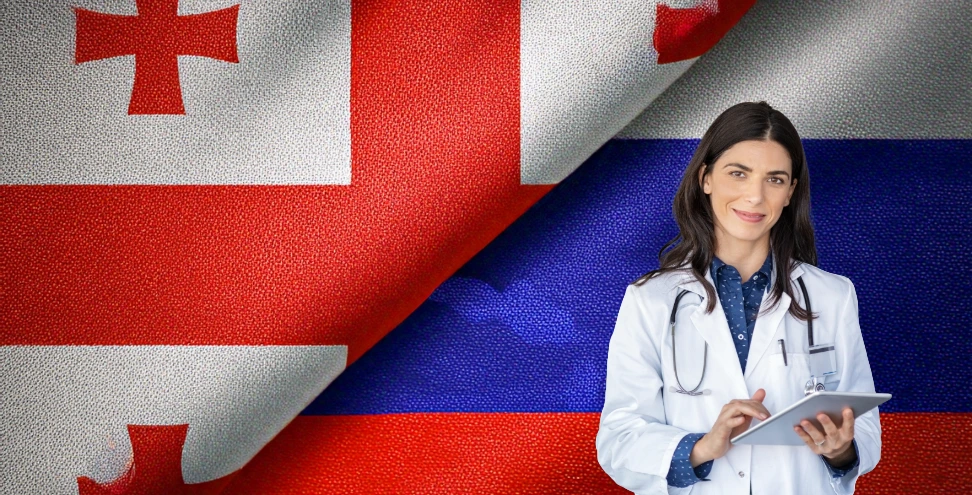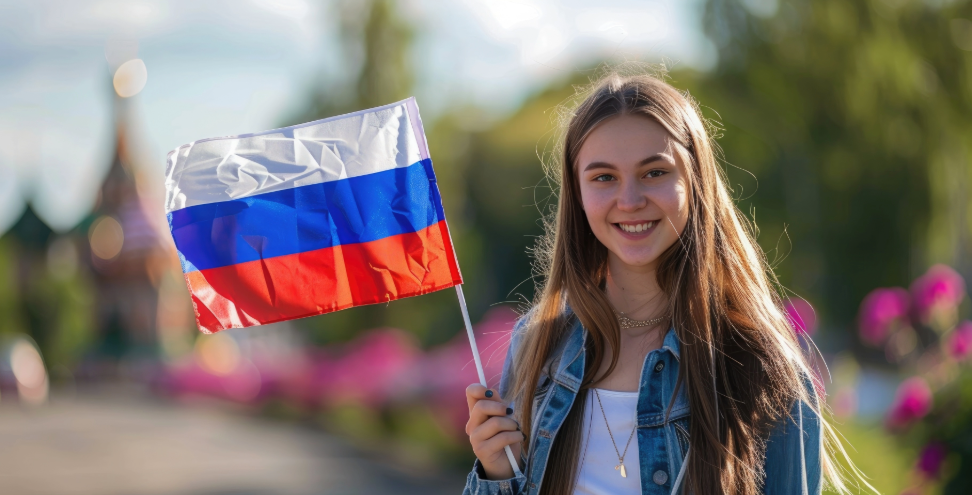Space Science and Technology at Lomonosov Moscow State University (MSU) Russia
Table of Contents
- Space Science and Technology at Lomonosov Moscow State University (MSU) Russia – Highlights
- Why Study Space Science and Technology at Lomonosov Moscow State University (MSU) Russia?
- Lomonosov Moscow State University (MSU) Space Science and Technology Rankings
- Lomonosov Moscow State University (MSU) Space Science and Technology Acceptance Rate
- Popular Space Science and Technology Courses at Lomonosov Moscow State University (MSU) Russia
- Admission Requirements to Space Science and Technology at Lomonosov Moscow State University (MSU) Russia
- Cost of Space Science and Technology at Lomonosov Moscow State University (MSU) Russia for Indian Students
- Scholarships at Lomonosov Moscow State University (MSU) Russia
- Job Prospects for Space Science and Technology at Russia
- FAQs – Space Science and Technology at Lomonosov Moscow State University (MSU) Russia
Space Science and Technology at Lomonosov Moscow State University (MSU) Russia – Highlights
The Space Science and Technology program at Lomonosov Moscow State University (MSU) in Russia is designed to provide students with a comprehensive understanding of space science principles and technologies. Located in the vibrant city of Moscow, the program offers a unique blend of theoretical knowledge and practical experience, making it an ideal choice for aspiring space scientists and engineers.
Moscow, the capital city of Russia, is renowned for its rich history, diverse culture, and cutting-edge technological advancements. Studying at MSU allows students to immerse themselves in an environment that fosters innovation and exploration, with access to world-class facilities and expert faculty members. The program's curriculum is designed to equip students with the skills and knowledge necessary to excel in the rapidly evolving field of space science and technology.
Why Study Space Science and Technology at Lomonosov Moscow State University (MSU) Russia?
Choosing to study Space Science and Technology at MSU provides students with unparalleled opportunities to engage in groundbreaking research and development. The university's strong emphasis on innovation and interdisciplinary collaboration ensures that students are well-prepared to tackle the challenges of the space industry. Additionally, MSU's extensive network of partnerships with leading space organizations and companies offers students valuable industry connections and potential career prospects.
- Access to state-of-the-art laboratories and research facilities.
- Expert faculty with extensive experience in space science and technology.
- Opportunities for internships and collaborations with top space organizations.
- A vibrant and diverse student community from around the world.
Lomonosov Moscow State University (MSU) Space Science and Technology Rankings
| Ranking | Source |
|---|---|
| Top 50 in the world for Space Science and Technology | QS World University Rankings |
| Top 100 globally | US News and World Report |
| Top 75 in the world | THE (Times Higher Education) Ranking |
| Top 100 globally | ARWU (Academic Ranking of World Universities) |
Lomonosov Moscow State University (MSU) Space Science and Technology Acceptance Rate
- The acceptance rate for the Space Science and Technology program at MSU is highly competitive, reflecting the program's rigorous academic standards and the university's prestigious reputation.
- Prospective students are encouraged to demonstrate strong academic performance and a genuine passion for space science and technology to enhance their chances of admission.
Popular Space Science and Technology Courses at Lomonosov Moscow State University (MSU) Russia
- Bachelor's Programs:
- Space Engineering: This program focuses on the design, development, and operation of spacecraft and related technologies.
- Astrophysics: Students study the physical properties and phenomena of celestial bodies and the universe as a whole.
- Master's Programs:
- Advanced Space Technologies: This program delves into cutting-edge technologies and methodologies used in space exploration and research.
- Planetary Science: Students explore the geological and atmospheric properties of planets and other celestial bodies within our solar system.
Admission Requirements to Space Science and Technology at Lomonosov Moscow State University (MSU) Russia
Admission to the Space Science and Technology program at MSU requires a strong academic background and a keen interest in space sciences. Prospective students must meet specific entry requirements and eligibility criteria to be considered for admission.
- Entry Requirements:
- Lomonosov Moscow State University (MSU) Space Science and Technology entrance exam.
- Meeting MSU's general entry requirements for undergraduate or postgraduate studies.
- Eligibility Criteria:
Applicants must have a high school diploma or equivalent for undergraduate programs and a relevant bachelor's degree for postgraduate programs. Additionally, they should demonstrate proficiency in mathematics and physics, as these subjects form the foundation of space science and technology studies.
International students must provide proof of English proficiency through standardized tests such as TOEFL or IELTS, as the courses are often taught in English.
- Documents Required:
- Completed application form.
- Official transcripts and certificates.
- Proof of English proficiency (TOEFL/IELTS scores).
- Statement of purpose.
- Letters of recommendation.
- Passport copy.
- Proficiency Test:
Applicants may need to take proficiency tests in mathematics and physics to assess their foundational knowledge and suitability for the program. These tests help the admission committee evaluate the applicant's readiness for the rigorous coursework.
- Visa Process:
- Obtain an invitation letter from MSU.
- Apply for a student visa at the Russian embassy or consulate in your country.
- Provide necessary documents such as passport, visa application form, and financial proof.
- Attend a visa interview if required.
Cost of Space Science and Technology at Lomonosov Moscow State University (MSU) Russia for Indian Students
- Tuition Fees: The tuition fees for the Space Science and Technology program at MSU vary depending on the level of study and specific course. On average, tuition fees range from $5,000 to $8,000 per year.
- Cost of Living: The cost of living in Moscow for international students is relatively affordable compared to other major cities. Students should budget approximately $300 to $500 per month for accommodation, food, transportation, and other expenses.
| Expense | Cost (Approx.) |
|---|---|
| Tuition Fees | $5,000 - $8,000 per year |
| Accommodation | $150 - $300 per month |
| Food | $100 - $150 per month |
| Transportation | $20 - $50 per month |
Scholarships at Lomonosov Moscow State University (MSU) Russia
MSU offers a range of scholarships to support international students pursuing studies in Space Science and Technology. These scholarships are designed to recognize academic excellence and provide financial assistance to deserving students.
- MSU Merit-Based Scholarship: Awarded to students with outstanding academic achievements. Covers partial tuition fees.
- Russian Government Scholarship: Provides full tuition coverage and a monthly stipend for international students.
- Space Science and Technology Excellence Scholarship: Specifically for students enrolled in space science programs, based on academic performance and research potential.
Job Prospects for Space Science and Technology in Russia
Graduates of the Space Science and Technology program at MSU have excellent job prospects in Russia and internationally. The skills and knowledge acquired during the program prepare students for various roles in the space industry, research institutions, and government agencies.
| Job Title | Average Salary (Approx.) |
|---|---|
| Space Scientist | $50,000 - $70,000 per year |
| Aerospace Engineer | $60,000 - $80,000 per year |
| Research Scientist | $45,000 - $65,000 per year |
| Satellite Engineer | $55,000 - $75,000 per year |
FAQs – Space Science and Technology at Lomonosov Moscow State University (MSU) Russia
- Can I work while studying Space Science and Technology at MSU?
Yes, international students in Russia are allowed to work part-time while studying, provided they have a valid student visa and work permit. This allows students to gain valuable work experience and supplement their income.
- What are the advantages of studying Space Science and Technology at MSU?
Studying at MSU offers access to world-class facilities, expert faculty, and numerous research opportunities. Additionally, students benefit from a diverse academic environment and strong industry connections.
- What is the average salary for graduates of Space Science and Technology from MSU?
The average salary for graduates varies depending on the specific job role and industry. Typically, graduates can expect to earn between $50,000 and $80,000 per year.
- What is the duration of the Space Science and Technology program at MSU?
The duration of the program varies by degree level. Bachelor's programs typically take 4 years to complete, while master's programs usually take 2 years.
- What exams are required for admission to the Space Science and Technology program at MSU?
Applicants may need to take the MSU entrance exam for space science and technology, as well as standardized tests such as TOEFL or IELTS for English proficiency.
- What are the popular Space Science and Technology courses at MSU?
Popular courses include Space Engineering, Astrophysics, Advanced Space Technologies, and Planetary Science. These programs offer comprehensive knowledge and skills in various aspects of space science.



